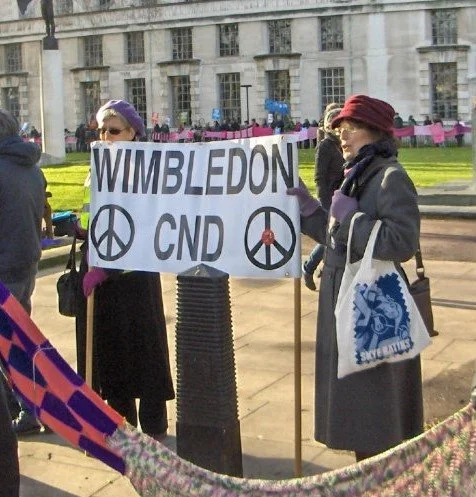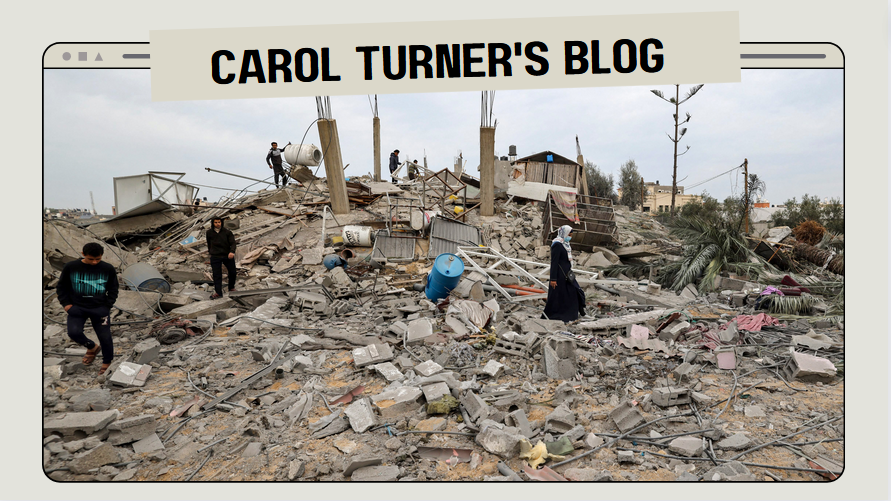Hello there, this is your first blog from Lydia! You might have heard of me from Georgia’s blog entry last month. So onto introducing myself: I’m 17 (Year 12, going into Year 13), and I study English Literature, History, Government and Politics, and Religious Studies as my A levels, and I’m very passionate about issues of peace, equality, and social justice.
A while ago I contacted the London CND asking for the opportunity to complete a work experience placement, and –to my surprise-, they said yes! So after weeks of tiring revision and sleep deprivation that is called exam season, I’m finally here! So far, I’ve had the opportunity to contribute to preparations for the Hiroshima and Nagasaki commemoration activities. In essence therefore, it’s been great! I’m also very excited for the upcoming contributions that I’ll be able to make during my time here.
What made you interested in the CND, you may wonder – and I shall answer. Well, I’ve been a competitive debater for around 4 years now, and although the issues we discuss are wide-ranging (from sports, to social policy, to international relations and economics), what remains their irremovable basis is the ways in which they affect people. Everyone- in ways in which you may not get to think about, until you’re sat down with 15minutes to prepare for a motion which you may not know a lot about, and you find yourself forced to think about stakeholders. There are always many more than you think. So this was my first step into social justice.
This newly critical view that I gained however, does not stop on the individual, regional, or social level. It’s important to care about stopping injustice whether it be down your own road caused by a racist, or across the world by a missile. I first heard of the CND back when I was still doing my GCSE in History, in which we covered its opposition to the Iraq War. The CND had demonstrated to me how holding beliefs that are absolute in protecting the people (whose voices are often muted), most often would result in the better situation. Ultimately, there aren’t many wars which truly yielded peace or justice.
I think therefore that an important step in making sure a message of peace and justice prevails, and is not completely separated from politics is engaging the youth in this. To say that the youth do not have valuable opinions would be a lie, but it is disillusionment that distances us from politics and making a change. We’re often idealistic and most frustrated with injustice, and we really exist! Although, I can say that the CND are making efforts in engaging the youth; for instance, the Peace Education Campaign, and willingly allowing me to join them. So with the importance of peace, justice, and youth engagement in mind, I will be sitting here, enjoying my front seat on giving my share of the effort!













